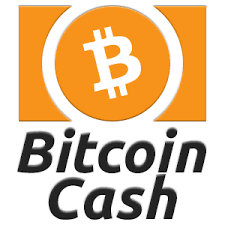Bitcoin Cash and its Creation
Originally the Bitcoin code handles about 3 transactions per second and a maximum data per block of 1MB. This caused a problem for blockchain users as some transactions were unconfirmed even after they had waited for days. Due to the limitation of the bitcoin code, Bitcoin stopped growing and many investors, businesses and users abandoned Bitcoin leading to the quick plummet of its marketshare from 95% to 40% among other cryptocurrencies. This made some users to start seeing Bitcoin as being unreliable. Although raising the bitcoin code was technically simple, reaching a consensus was not an easy thing for the community after some many years of debating. Bitcoin did not raise the blocksize because some of its developers did not agree with the original peer-to-peer electronic cash vision that was created by Satoshi’s. Some also did not understand how to raise the blocksize. These developers rather preferred that bitcoin becomes a settlement layer and the incompatibility of these two visions led to the community divide. Unlike Bitcoin, Bitcoin cash uses multiple independent team of developers.

Bitcoin
Source: australianfintech.com.au

Source: news.bitcoin.com
Bitcoin Cash (BCC) is a fully decentralised peer-to-peer electronic cash which requires no trusted third party or central bank to operate. It is the continuation of the Bitcoin project (a fork of the blockchain ledger). BCC has an upgrade consensus which allows it to be scalable.
Bitcoin cash (BCC) was successfully launched on August, 1st 2017. On the same day, ViaBTC pool was able to produce 1.9MB Bitcoin block, marking the birth of BCC. There had been a lot of question before its launch from owners of bitcoin if they own BCC since they owned Bitcoin. The answer is yes but this applies to holders as of block 478558. However, it is required that holder whose bitcoin was stored with third party, inquire with them about the cash. Bitcoin cash handles transaction replay by using a new flag SIGHASH_FORKID to prevent the replay of its transactions on the blockchain and vice versa. Bitcoin cash has been able to solve the slow transactions by increasing the blocksize to 8MB in order to create an ample capacity for all transactions.
The decentralisation of the software development and implementation is an important development in the project.